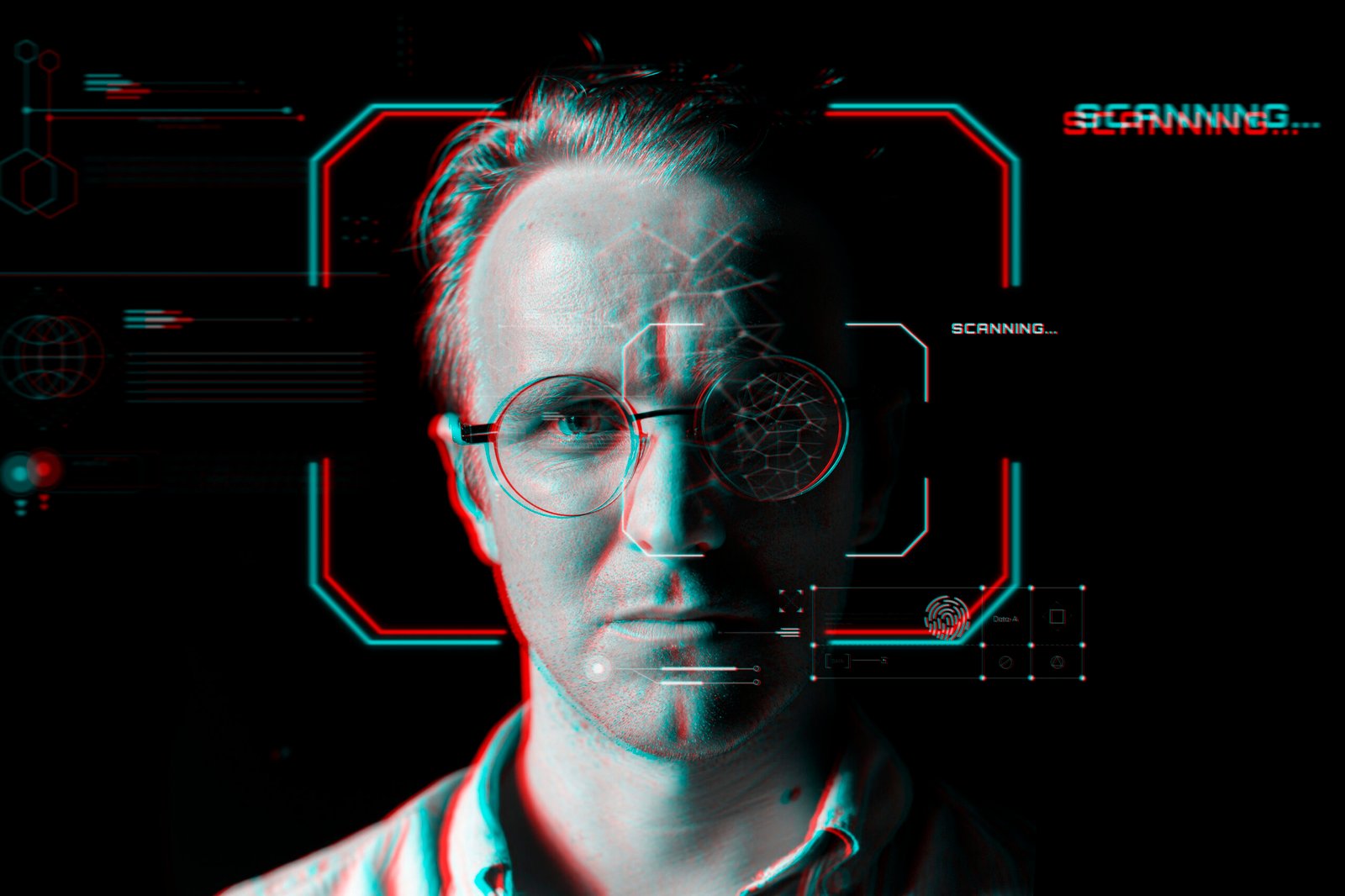Quantum computing can be said to be one of the most essential technological revolutions thus far and is bound to turn upside down many industries before the year 2030. While old computers act on the principle of binary bits-0s or 1s, quantum computers rely on quantum bits, also referred to as qubits, capable of assuming many values at once according to a phenomenon known as superposition. In fact, this is the special property that enables quantum computers to make such powerful solutions to complex problems compared with their classical counterparts.
This article considers how quantum computing works, the possibilities for disruption across industries, and challenges faced by the technology. We will take a closer look at how industries like health, finance, and AI stand to benefit from quantum computing and what we should expect by 2030.
What is Quantum Computing?
Quantum computing is that form of computation, in which, for information processing, dependence is basically on the principles of quantum mechanics. While the classical computer stores information in bits-one representing either 0 or 1-the quantum computers use qubits: a quantum bit capable of representing 0 and 1 simultaneously. This is what is meant by superposition-a feature enabling quantum computers to perform lots of computations at once.
Another highlight of quantum computing is entanglement, or interrelation of two qubits in a way that the status of one instantly affects the status of another, regardless of the distance. These two features, superposition and entanglement, enable quantum computers to solve in principle problems which are practically insoluble by classical computers.
Examples are that quantum computers will be able to sift through huge datasets, run complex simulations, and optimize processes much quicker than supercomputers can today.
How Does Quantum Computing Work?
Now, let me break down the building blocks of quantum computing to understand how it really works:
- Qubit: In classical computers, the bits usually come in states of 0 or 1. But no, qubits can be in a state of 0, 1, and even both at the same time due to something called a superposition. This means that quantum computers can process loads of data all at the same time.
- Superposition: “This principle allows the qubit to be in more than one state at once. In principle, quantum computers perform a great number of computations all at once.”
- Entanglement: When two or more qubits are so entangled with each other that any alteration on one immediately affects the others, no matter the distance between them. Now, solving the problems really much quicker and more efficiently is possible.
These bases are the origins on which quantum computers are built and will continue to be the best fit for solving hard problems in areas like cryptography, finding new drugs, and financial modeling, among others.
The Evolution of Quantum Computing: From Theory to Reality
Quantum computing became, in one sense, the focus of theoretical imagination in the 1980s, with physicists such as Richard Feynman and David Deutsch entertaining the view that quantum mechanics allowed such an advance in computation powers. It took almost three decades to go from that into anything like reality.
Today, companies like Google, IBM, and Microsoft lead the charge in quantum research and scientists are feverishly churning out quantum processors to solve problems far more complex than what one might have envisioned. For example, in 2019, Google claimed to achieve what was called “quantum supremacy,” which means an event when a quantum computer performed a calculation that no classical computer could perform in reasonable time. Being still in infancy, now accelerating, by 2030, one should expect quantum computing to become quite standard in many applications.
Industries That Will Benefit by Quantum Computing in the Year 2030
Quantum computing is bound to make an indelible mark within industries such as healthcare, financial services, artificial intelligence, and cybersecurity, among others, around 2030. Let’s explore how this would benefit each of these industries:
Healthcare
Quantum computers might even enable the more accurate and rapid development of drugs and genetic studies. For example, quantum computers will have the capability to simulate how molecules will interact with one another, dramatically reducing a lot of the time involved in drug development. Also, these computers can improve diagnostic capabilities by enabling better specificity in personalized treatment plans.
Finance
Quantum computers hold immense promises for the financial industry in aspects related to risk assessment, optimization of portfolios, and fraud detection. Most models dealing with finance today are approximate in nature due to limitations with regards to classical computing. It will unlock the processing of huge amounts of data at increasing speeds and enable complex models to run in a fraction of the time, coupled with increasing their accuracy, thus making more realistic predictions and assessments.
Artificial Intelligence and Machine Learning
This can also significantly improve the performance of AI and machine learning algorithms. Quantum computers can do a better training of machine learning models since more data runs and higher speeds will mean that AI becomes much more accurate and efficient. This can find special applications in areas concerning natural language processing, image recognition, and autonomous driving.
Cryptography
While this holds immense promise for quantum computing, it is a wholly positively identified threat to today’s encryption. Most classically conceived encryption algorithms depend on the complication of factoring huge numbers-something which will be tackled with great ease by a quantum computer. Because of this very fact, the development of quantum-safe encryption methods was developed to protect sensitive information against quantum attacks. Therefore, with industries that really care about security, quantum-resistant encryption is expected to be deployed by the year 2030.
Quantum Computing in Healthcare: Game Changer
Applications within quantum computing can fundamentally reinvent the field of medicine-from medical research to the care given to a patient. Since simulating molecular interaction is one of the most complicated computations, developing new drugs takes years or even decades and requires billions of dollars. Quantum computers are designed to simulate such kinds of interactions considerably better, with these processes being less expensive and much quicker.
Besides, quantum computing could empower genetic research by processing huge volumes of genetic data. The outcome could be personalized medicine-that is, medicines and treatments fitted to the particular individual’s unique genetic makeup.
Future quantum computers might simulate the human brain and make great strides in neurological disorders such as Alzheimer’s and Parkinson’s diseases someday.
The Quantum Leap in Finance
Quantum computers promise a sea change in the finance sector. Much of financial data exists in large sets, and quick and accurate decisions have to be taken on these. Quantum computing can help in areas like risk assessment, fraud detection, and portfolio optimization.
While financial markets are indeed complex, modeling market risks does indeed take a look at a huge variable set. These variables can be processed simultaneously by quantum computers for better predictions in real time. It would also contribute towards portfolio optimization through the evaluation of multiple assets against market conditions simultaneously.
Impact of Quantum Computing on AI and Machine Learning
But probably one of the largest areas of excitement in quantum computing is in the way it is going to supercharge AI and ML. All these technologies rely on processing huge datasets-a process both time-consuming and computationally expensive using today’s classical computers.
With quantum computers, large volumes of data can be processed at one time, hence making the machine learning models even more accurate and also performing faster. Major implications hence arise in industries such as healthcare, car driving, and robotics, wherein AI is increasingly taking a critical role. Quantum AI systems will be exemplary, probably even revolutionary, in how we work with technology and automate complex tasks by as early as 2030.
Quantum Cybersecurity: The Double-Edged Sword
While it is true that quantum computing will indeed enhance many industries, this also creates new security problems in return. The quantum computers can break the encryption algorithms which secure sensitive data today, causing a cybersecurity crisis. Quantum computing can offer advanced methods of encryption.
For instance, quantum encryption, such as QKD, would ensure that any attempt to intercept the information would perturb the quantum state and promptly alert both parties of the breach. Industries are very likely to use quantum-safe methods of encryption before 2030 in order to fend off threats due to quantum.
Challenges in Quantum Computing Adoption
Besides all these possibilities, there are several challenges preventing widespread adaption: quantum computers require really low temperatures; being super sensitive to disturbances around, it makes their building and maintenance hard. Development of quantum algorithms and software is at its very beginning.
Besides, thanks to the high value of the technology in quantum computing, access is highly limited to large enterprises and governments. In any case, once the technology has matured and costs are reduced, wide diffusion across industries shall be expected up to 2030.
Conclusion: A Quantum Leap Toward 2030
By 2030, quantum computing will have invented industries, given never-seen powers to healthcare, finance, AI, and cybersecurity. Of course, much is yet to be done. Finally, progress in quantum computing is bound to build a future whereby so many of the problems that could not be solved can now be solved in ways that are efficient and effective.
In other words, quantum technology realises the impossibility of industries that could not even be imagined until now; whoever prepares for it today will also be assured of being a winner when the time is right.






